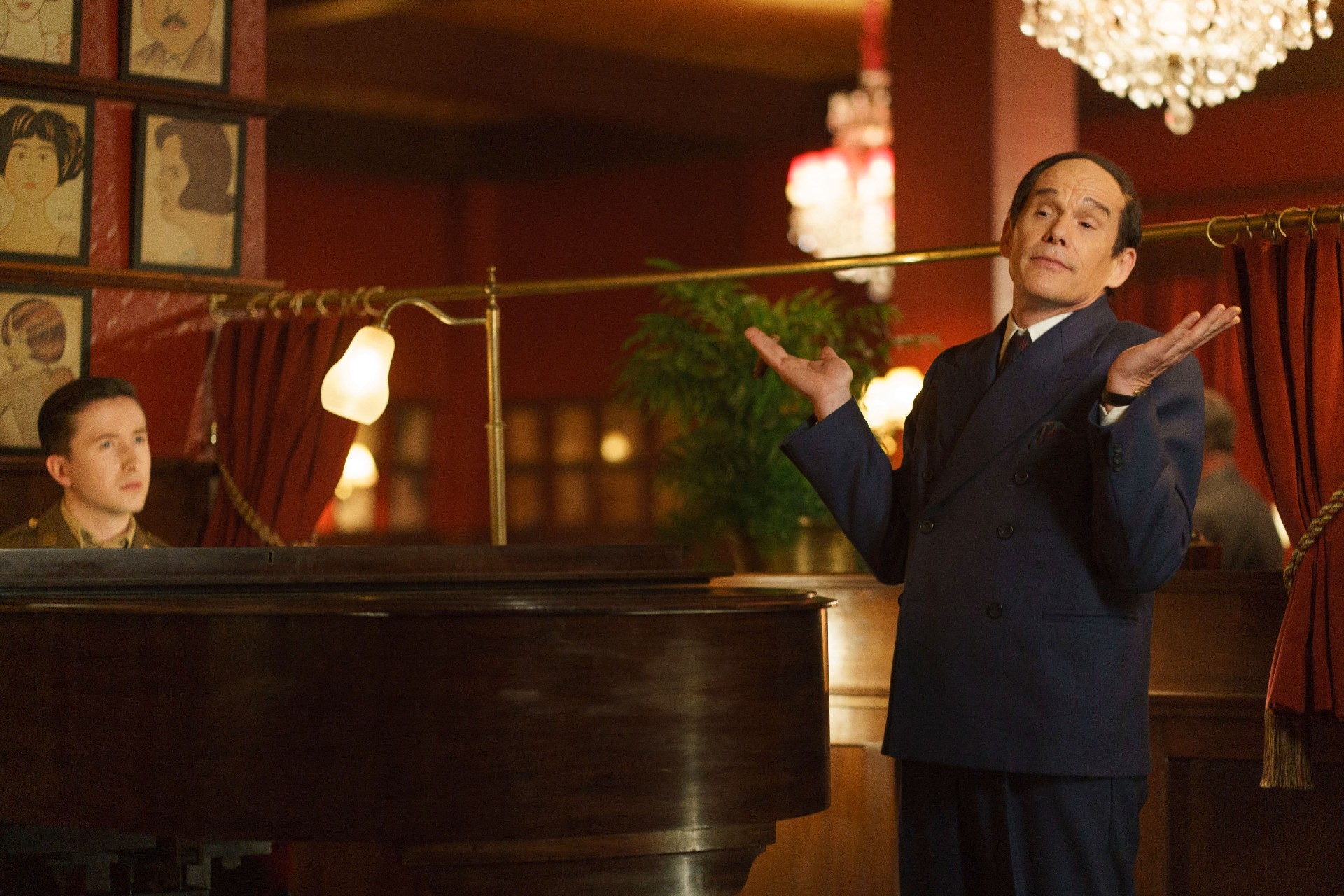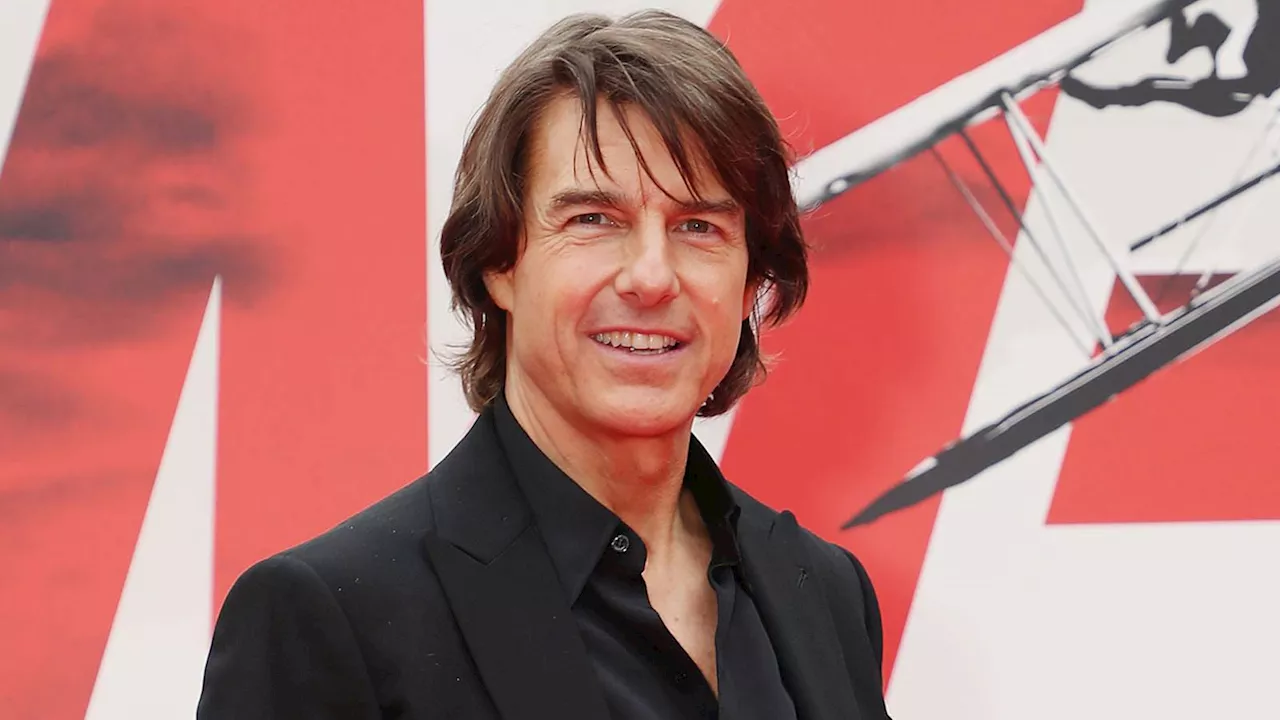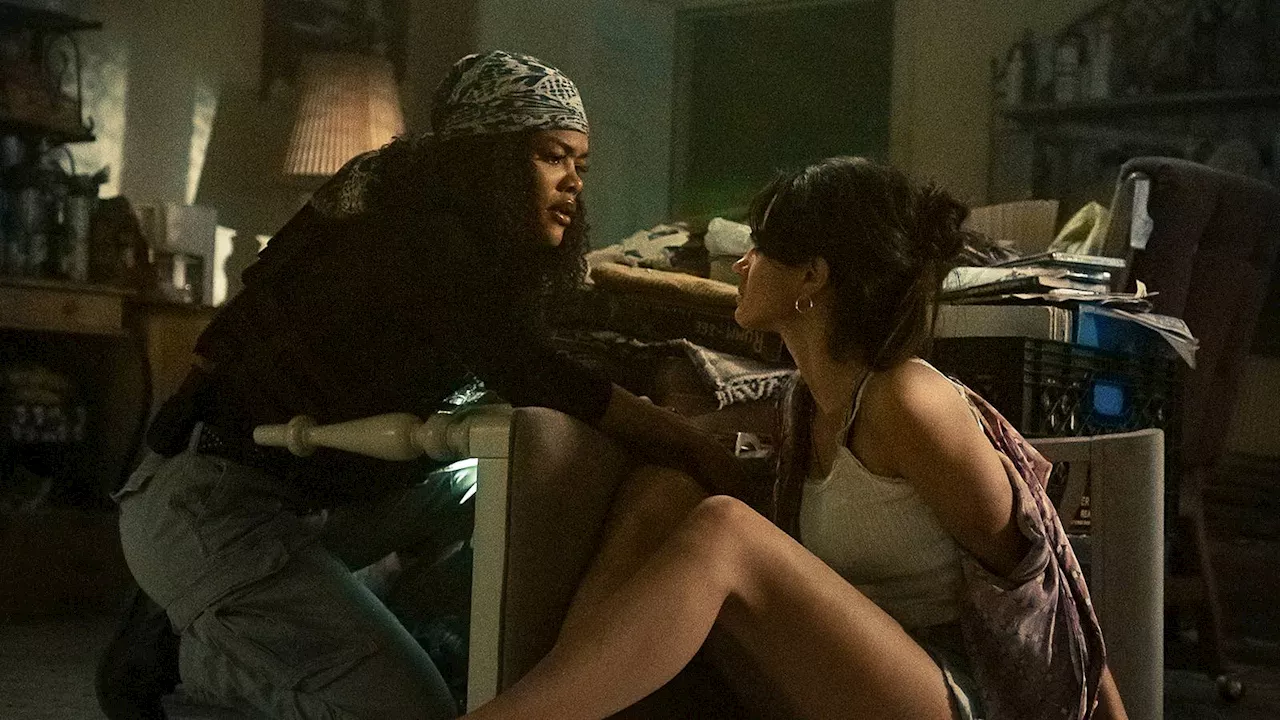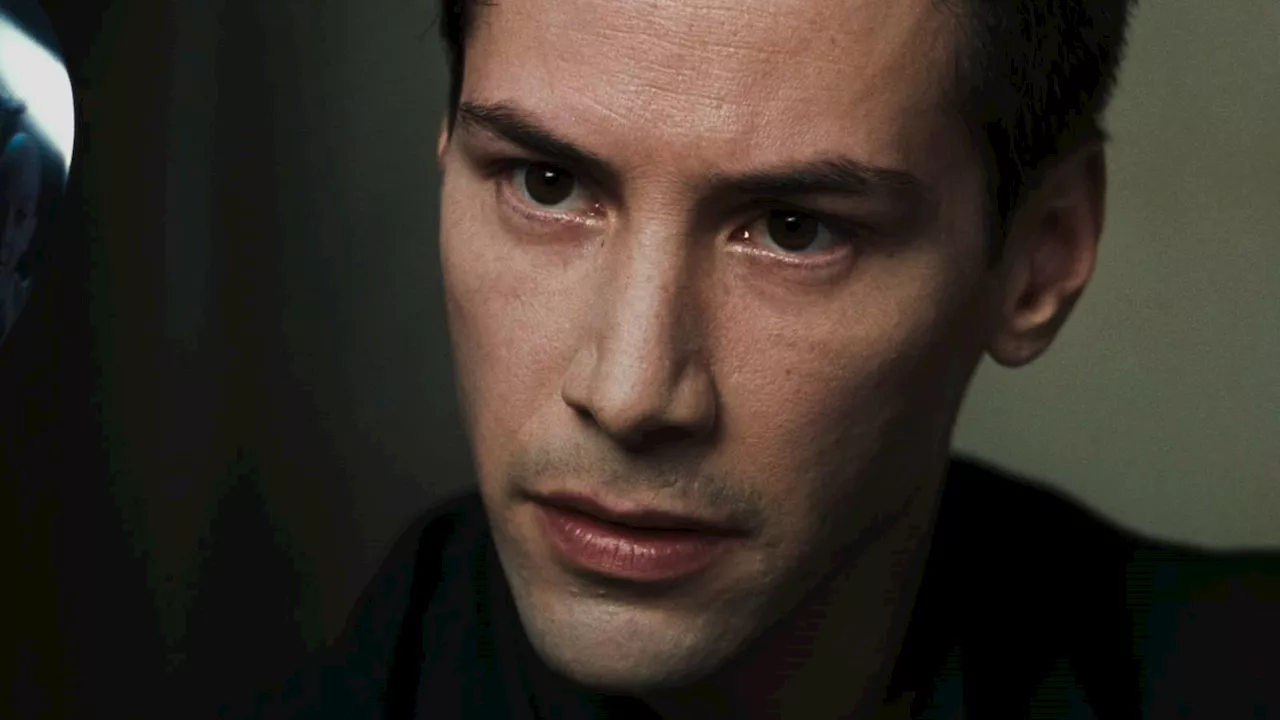Richard Linklater’s latest film, *Blue Moon*, shines a spotlight on the life of Lorenz “Larry” Hart, a significant yet often overlooked figure in musical history. Set against the backdrop of the Broadway premiere of *Oklahoma!* on March 31, 1941, the film explores Hart’s struggles as he grapples with personal and professional setbacks. Featuring a compelling performance by Ethan Hawke, *Blue Moon* is being hailed as one of the best movies of 2025.
The story unfolds at Sardi’s, a well-known Broadway bar and restaurant, where Hart, portrayed by Hawke, reflects on his life while waiting for his former collaborator, Richard Rodgers, to celebrate his latest success. Rodgers, played by Andrew Scott, is on the verge of achieving a milestone in his career, while Hart confronts the reality that his own relevance is fading. The film captures this poignant moment with a blend of humor and melancholy, allowing audiences to engage deeply with Hart’s character.
Director Richard Linklater takes a unique approach to the music biopic genre. Unlike other recent films that focus on the rise of artists, *Blue Moon* highlights a pivotal low point in Hart’s life. As he waits at the bar, he interacts with bartender Eddie, portrayed by Bobby Cannavale, and pianist Knuckles, played by Jonah Lees. These exchanges reveal Hart’s complex emotions as he navigates his feelings of inadequacy and nostalgia.
The film delves into themes of fame and decline, posing questions about what happens when the spotlight dims. Hart is not a tragic figure consumed by obsession; rather, he embodies a relatable sadness, marked by sharp wit and fleeting moments of connection. His flirtation with Elizabeth Weiland, played by Margaret Qualley, adds another layer to the story, contrasting Hart’s cynicism with her youthful optimism.
Hawke’s transformation into Hart is notable. The actor employs clever camera techniques and prosthetics to embody Hart’s physicality while conveying the character’s inner turmoil. Hawke’s performance is both nuanced and powerful, showcasing his evolution from a young actor symbolizing Generation X angst to a seasoned performer capable of portraying profound emotional depth.
The supporting cast also contributes significantly to the film’s success. Qualley’s portrayal of Elizabeth Weiland adds a dynamic element to the narrative, showcasing her versatility as an actress. Scott’s performance as Rodgers serves as a reminder of the unresolved tensions that linger between former collaborators. Together, they create an engaging ensemble that drives the story forward.
Despite being primarily set in one location, *Blue Moon* avoids feeling stagnant. The film is fueled by Hawke’s energetic performance and a script filled with clever dialogue that celebrates Hart’s literary talent. At a time when many films prioritize spectacle over substance, *Blue Moon* stands out as an intelligent offering for adult audiences.
As the film draws to a close, viewers are left with a sense of appreciation for Hart’s contributions to the musical landscape, as well as a deeper understanding of the complexities of artistic legacy. *Blue Moon* is now showing in theaters, inviting audiences to rediscover a forgotten musical genius and the enduring power of his work.







